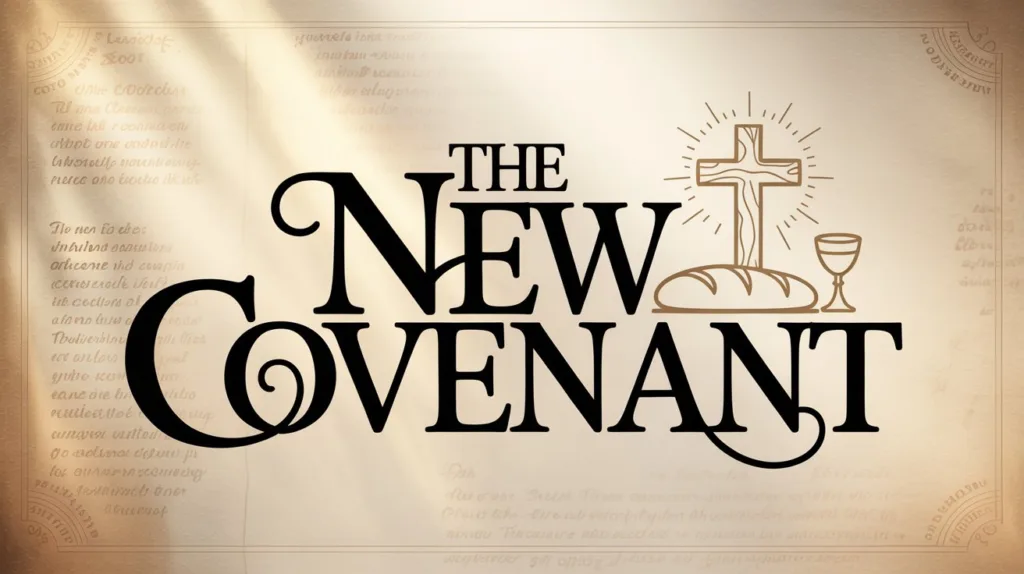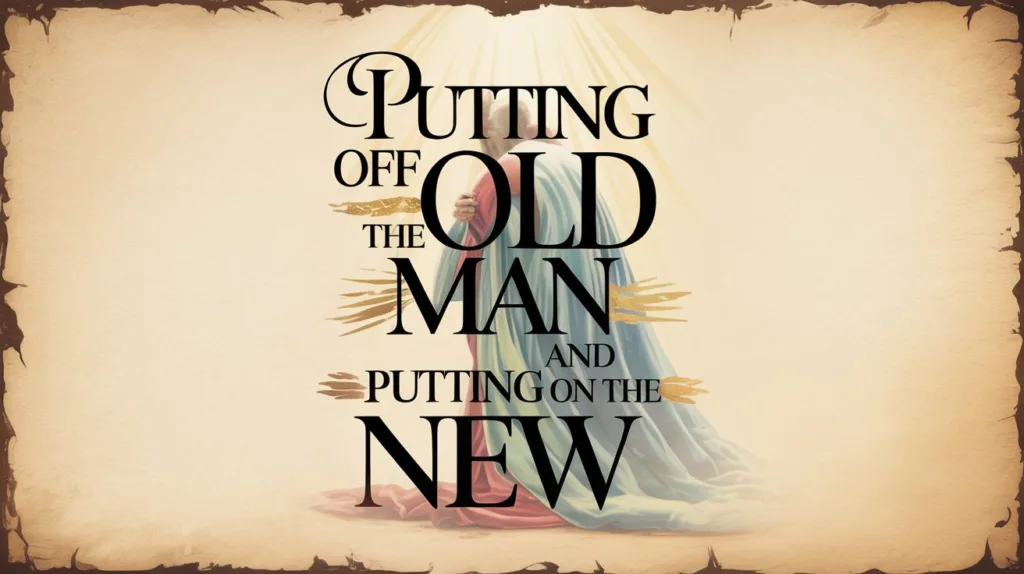A Bible Study on the Altar of Incense
The Tabernacle did not exist for spectacle, it existed for meeting with God. Every item revealed something about His holiness and the way of approach. The golden altar, often called the Altar of Incense, stood nearest to the veil. Here Scripture teaches us about...










